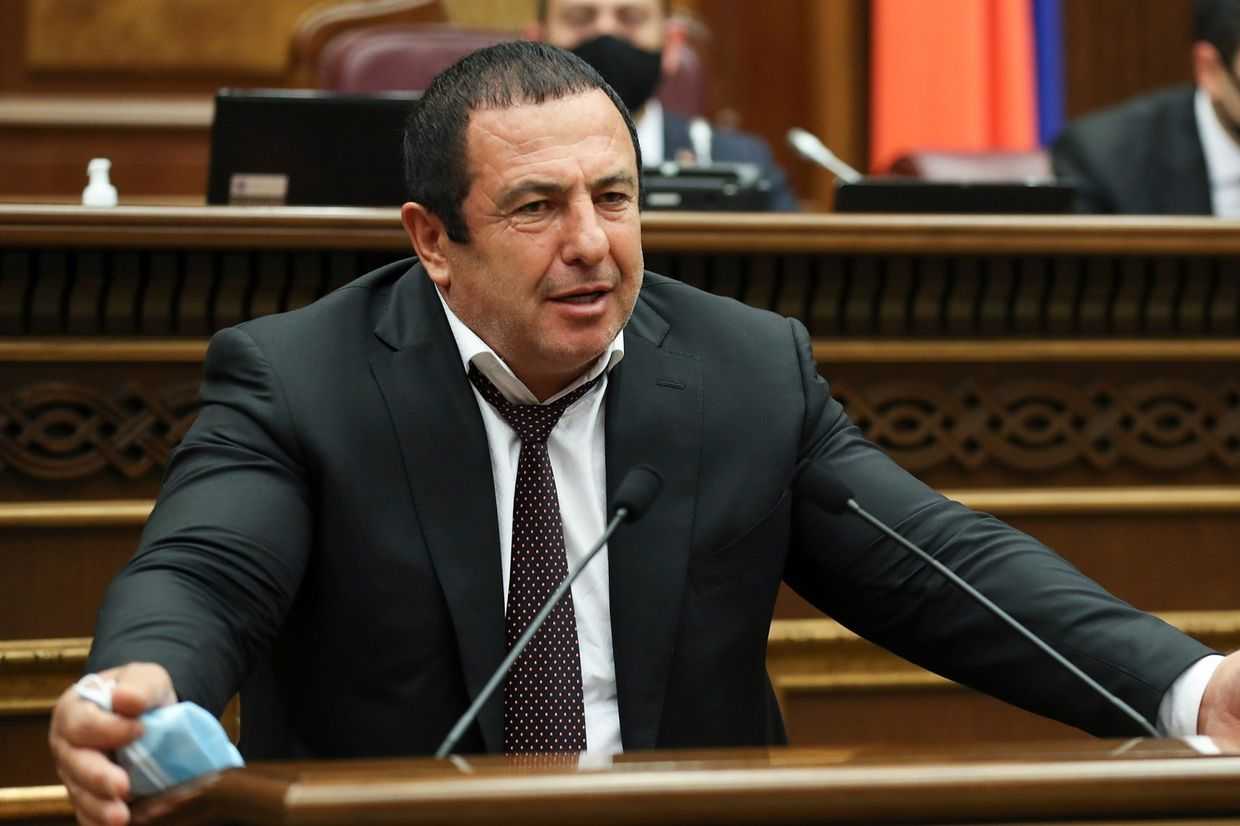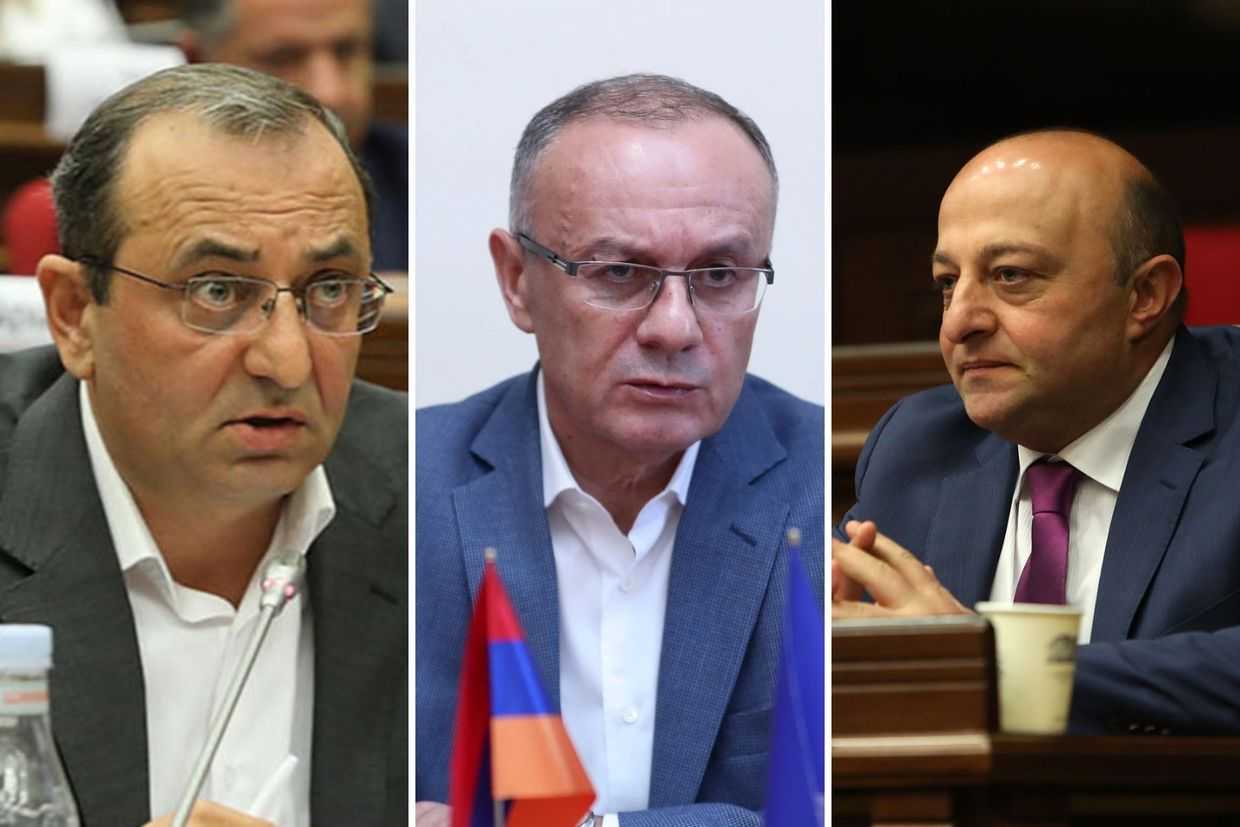
On Wednesday, the Armenian Defence Ministry announced that joint military exercises would be held with Iran for two days, starting that day.
The announcement said the exercises would be held simultaneously on both sides of the Armenia–Iran border.
‘The exercise involves operations to neutralise attacks by simulated terrorist groups on border checkpoints located along the Armenia–Iran state border’, the ministry said.
It was reportedly the first time such joint exercises had been held.
‘The main goal of this exercise is to reinforce the security of our shared borders and improve the capabilities of forces deployed in this sensitive region’, Iranian Brigadier General Valliollah Madani said.
‘Given the geopolitical significance of the Caucasus and the critical nature of our frontier zones, this drill was carefully planned in advance. It demonstrates both our readiness and our commitment to peace and lasting stability’, Madani added.
Armenia has good relations with Iran, which is one of the two out of four neighbours that Armenia shares an open border with. Armenia’s government programme for 2021–2026 described the bilateral relationship as ‘special’, and pledged ‘to further develop’ the ties.
At the same time, the extent of military cooperation between the two countries is more opaque, and has been subject to much speculation.
In 2024, the UK-based media outlet Iran International claimed that Iran and Armenia had finalised a historic $500 million arms deal, which would include the provision of Iranian-made drones and air defence systems to Armenia.
The news was seen by some as a development that could prompt anger and suspicion in Azerbaijan, which already has a shaky relationship with Iran.
Nonetheless, shortly after, the Armenian Defence Ministry refuted the claims, saying they were ‘fabricated content’.
Iran’s ambassador to Armenia, Mehdi Sobhani, also rejected the veracity of the arms deal, claiming the news was propagated in order to create tension in the region.









